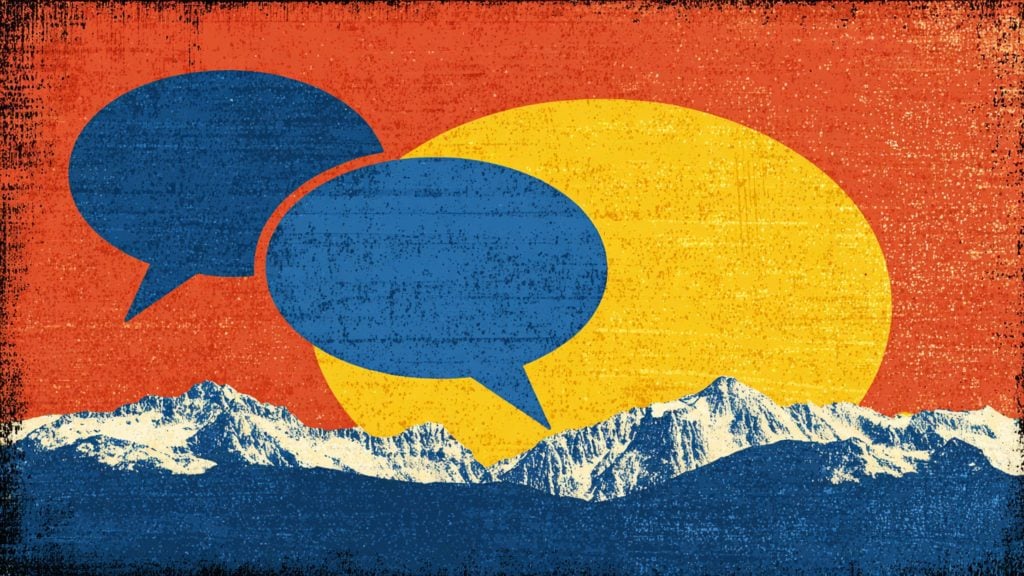Apple is again removing apps, this time video games, from the Chinese App Store at the request of the Chinese Communist Party (CCP). The CCP continues to implement stricter censorship rules but it’s worth pointing out that Apple does not have to follow the rules – it does so because it wants to keep on the good side of the CCP to benefit sales in the country.
Earlier this year, Apple removed thousands of apps from the Chinese version of the App Store. At the time, through a memo obtained by the WSJ, Apple warned developers that their paid gaming apps were at risk of removal.
China’s crackdown on apps started about four years ago when it started requiring video games to acquire a license before getting listed on both App Store and Google Play Store. For some time, iOS developers were able to circumvent the requirement.
However, beginning this year, Apple started removing apps that did not show proof of licensing from the Chinese authorities.
The Cyberspace Administration of China deemed about 100 apps, including TripAdvisor, illegal without elaborating what rules they broke and demanded their removal from the App Store.
Earlier this month, the Cupertino-based tech giant sent a memo to premium games developers informing them that they had until December 31 to prove that they have been licensed or get removed.
According to ChinaInApp, a company that helps foreign developers get their apps approved in China, “only a small fraction of these games are actually going to be able to get a license” because of strained trade relationships between China and the US and other countries.
Sensor Tower claims there were 272,000 games in the China App Store in 2019. This year alone, more than 94,000 have been removed, a much higher figure compared to 25,000 removals last year.
Critics have bashed the tech giant for bending to pressure from the Chinese government. “If it’s going to bend to political pressure, the company should explain why and what they would lose if they didn’t do that,” said Katie Paul, an executive at Campaign for Accountability, a DC-based advocacy group. “This veil of secrecy around why they’re removing this information is what makes it even more concerning.”
In a statement, Apple said it had to obey local laws.
“Apple studies these requests carefully whenever we receive them, and we contest and disagree with them often,” a spokesman said. “Though the final decisions sometimes run contrary to our wishes, we believe that our customers are best served when we remain in the country providing them access to products that promote self-expression with world-class privacy protections.”



